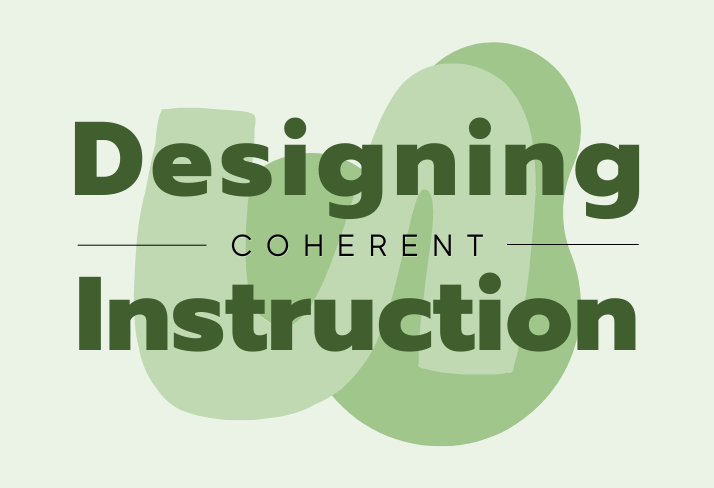|
Understanding the connection between what is taught and what is learned is a vital part of your classroom practice.
One effective tool we use when delving into new content is the resource It says...I say...So... With this tool as our guide, we can explore Danielson’s Framework for Teaching, 3d Using Assessment in Instruction.
Danielson 3d says...
“Assessment of student learning plays an important new role in teaching: no longer signaling the end of instruction, it is now recognized to be an integral part of instruction. While assessment of learning has always been and will continue to be an important aspect of teaching (it’s important for teachers to know whether students have learned what teachers intend), assessment for learning has increasingly come to play an important role in classroom practice. And in order to assess student learning for the purposes of instruction, teachers must have a “finger on the pulse” of a lesson, monitoring student understanding and, where feedback is appropriate, offering it to students.”
This means...
This looks like...
This is challenging, because...
So...
Let’s consider formative assessments. They are most helpful to us when making instructional decisions. They are used to monitor student learning and inform feedback. They help give us an overall picture of a child’s achievement. Formative assessments are used throughout the lesson.
You can try...
Below are a few examples of practical pre-instruction assessments you can try in your classroom.
What are you trying in your classroom? What do you want to integrate into your practice? Tell us more in the comments! Learn more about opportunities to Design Coherent Instruction for your students.
|
|
The Center for Professional Education of Teachers (CPET) at Teachers College, Columbia University is committed to making excellent and equitable education accessible worldwide. CPET unites theory and practice to promote transformational change. We design innovative projects, cultivate sustainable partnerships, and conduct research through direct and online services to youth and educators. Grounded in adult learning theories, our six core principles structure our customized approach and expand the capacities of educators around the world.
|
ABOUT US
525 West 120th Street, Box 182 New York, NY 10027 416 Zankel Ph: (212) 678-3161 [email protected] Our Team Career Opportunities |
RESOURCES
Professional Articles Ready-to-Use Resources Teaching Today Podcast Upcoming PD Opportunities |
COACHING SERVICES
Custom Coaching Global Learning Alliance Literacy Unbound New Teacher Network Student Press Initiative |




























